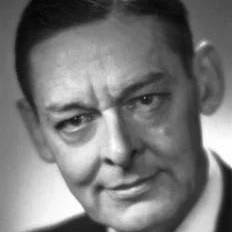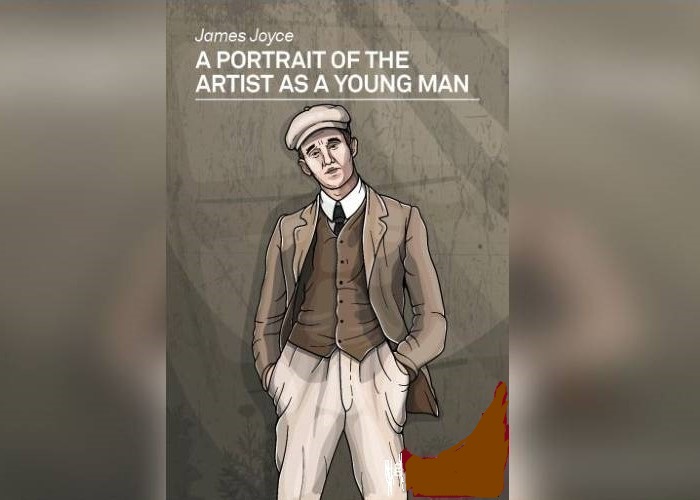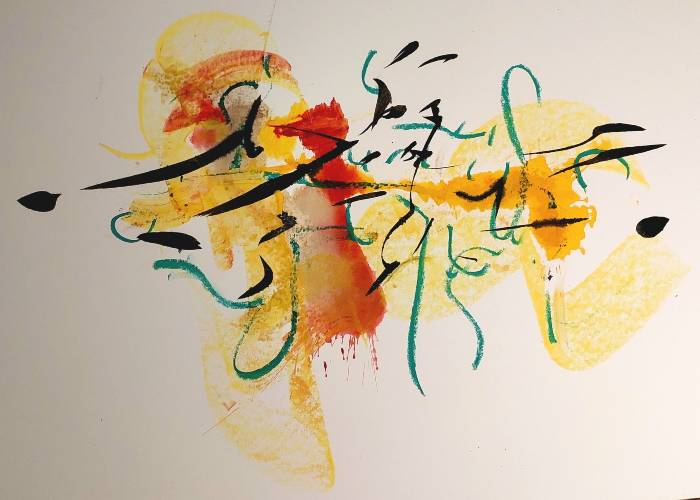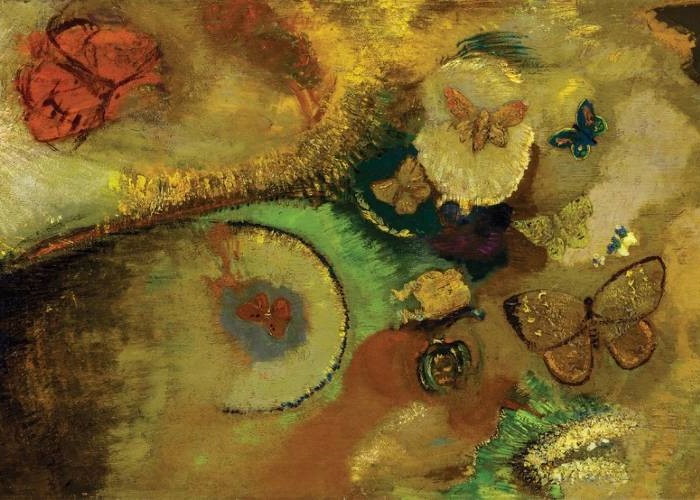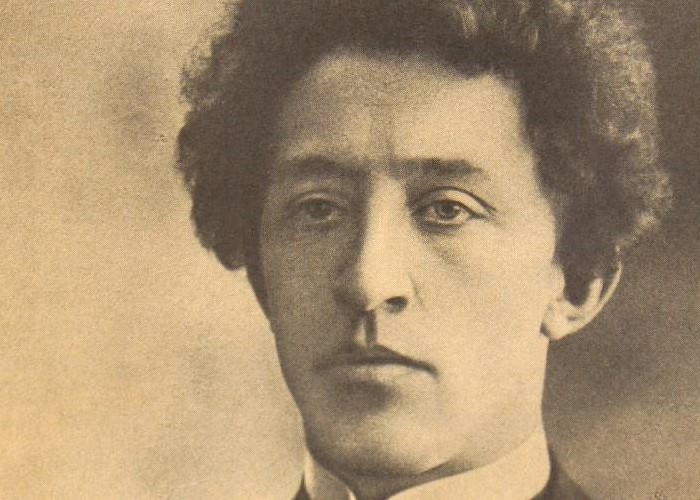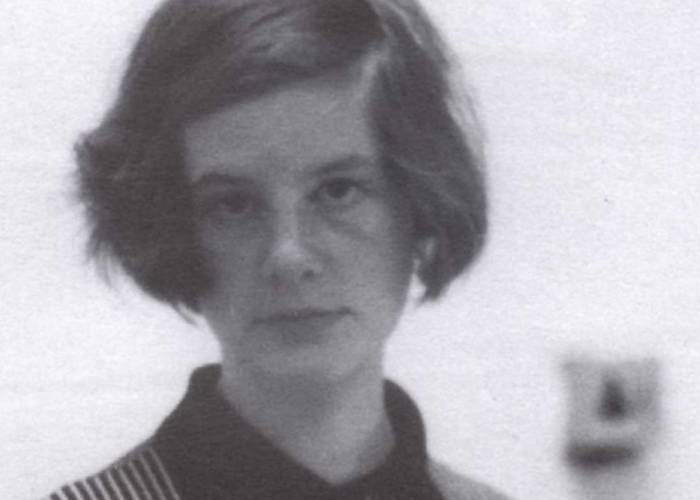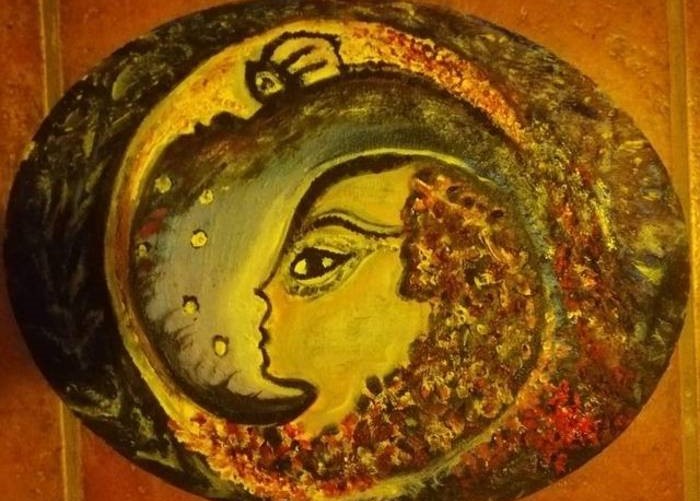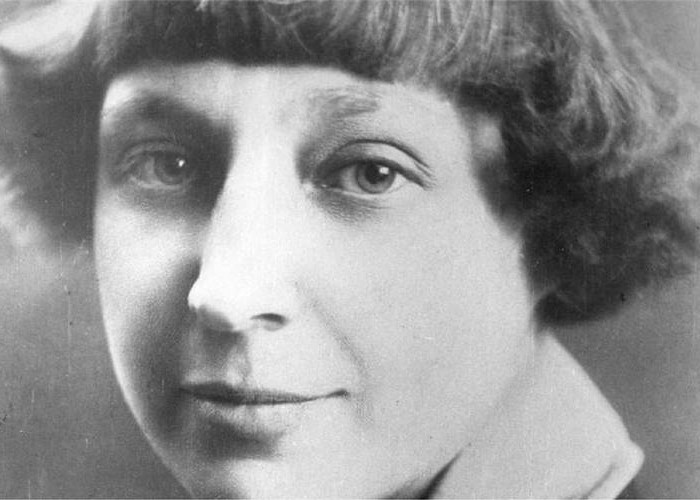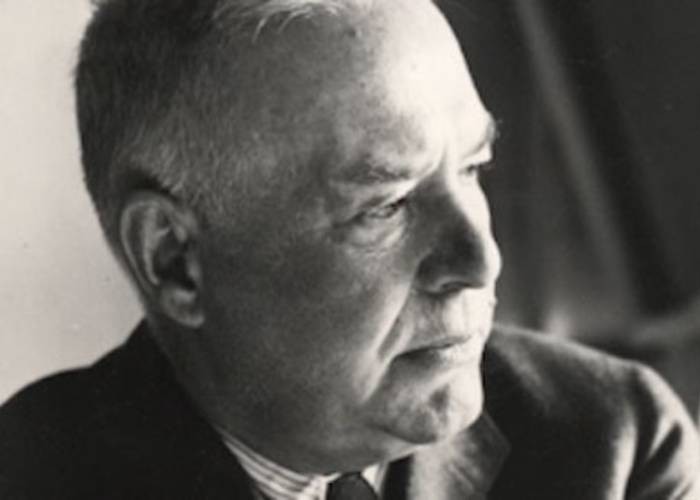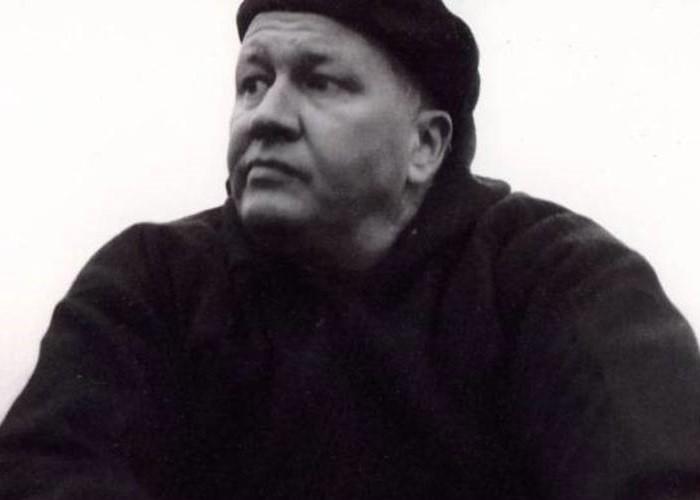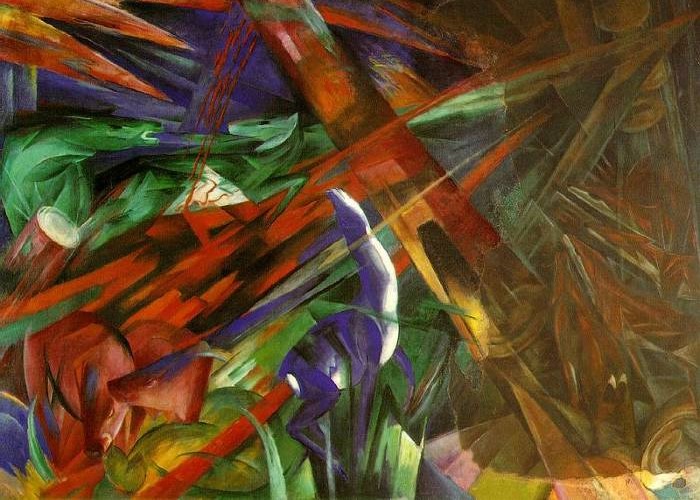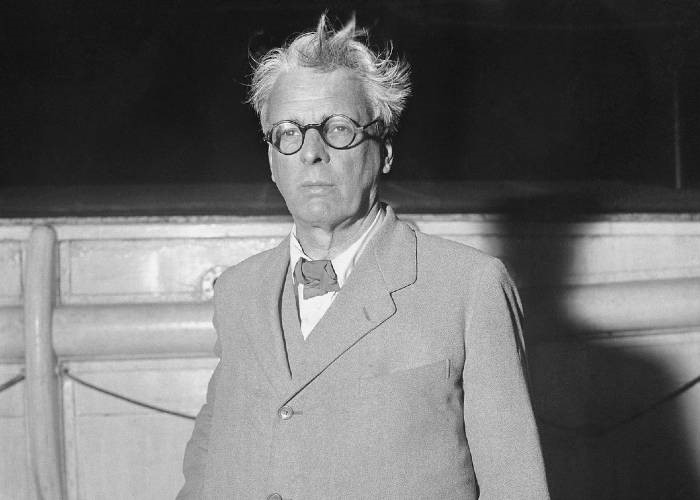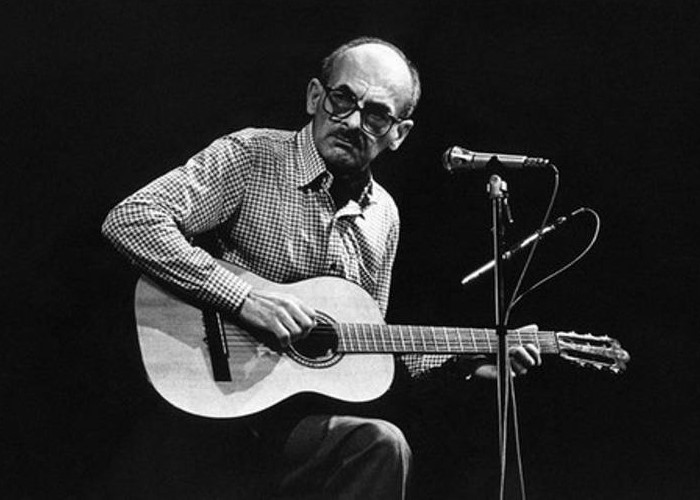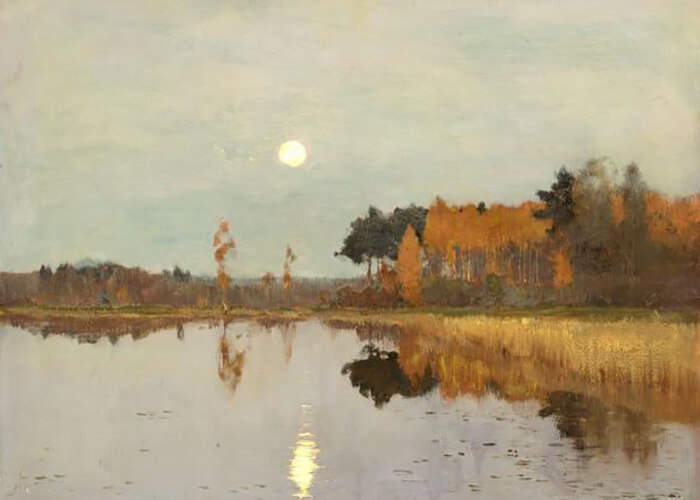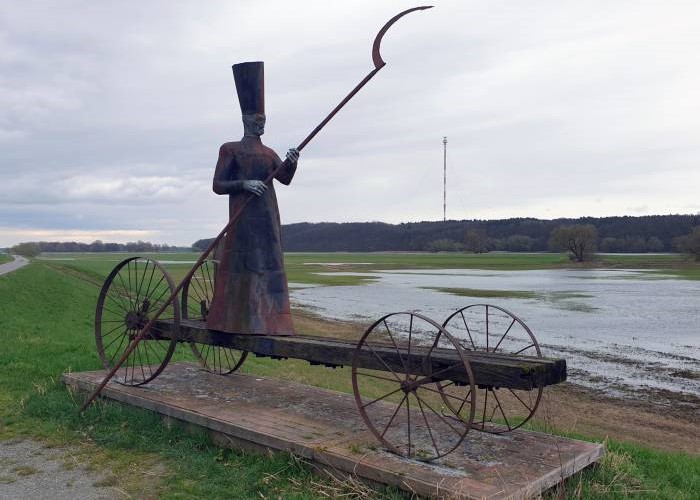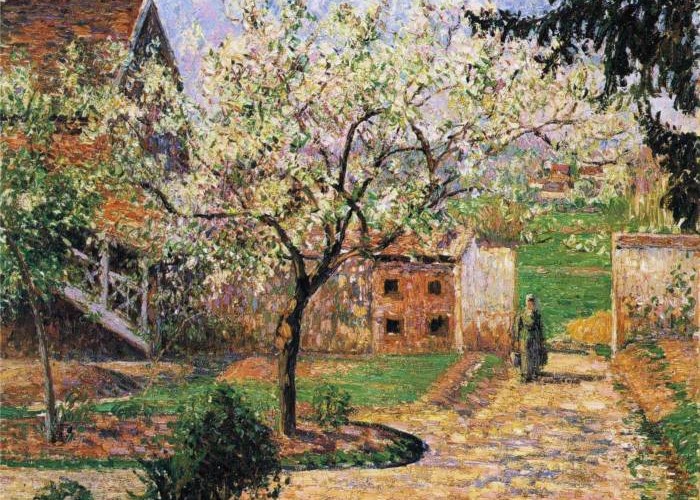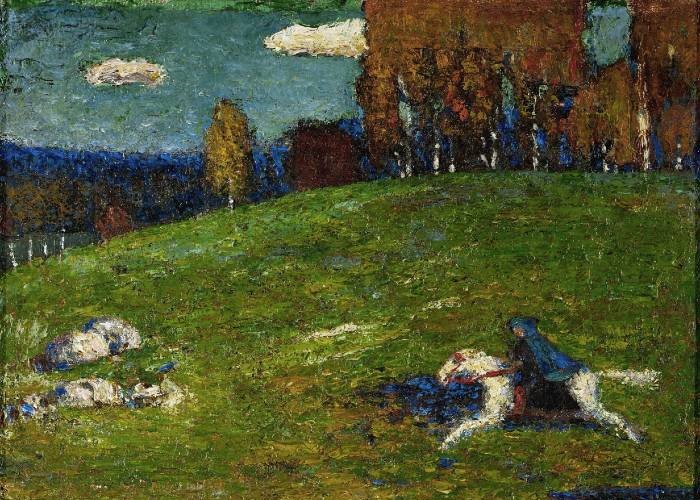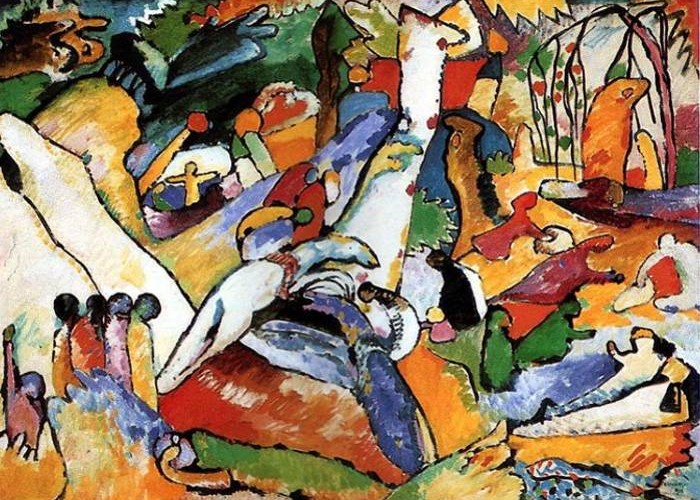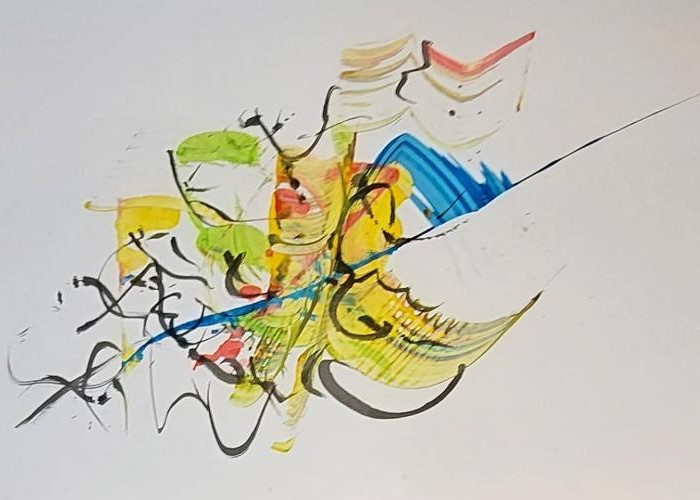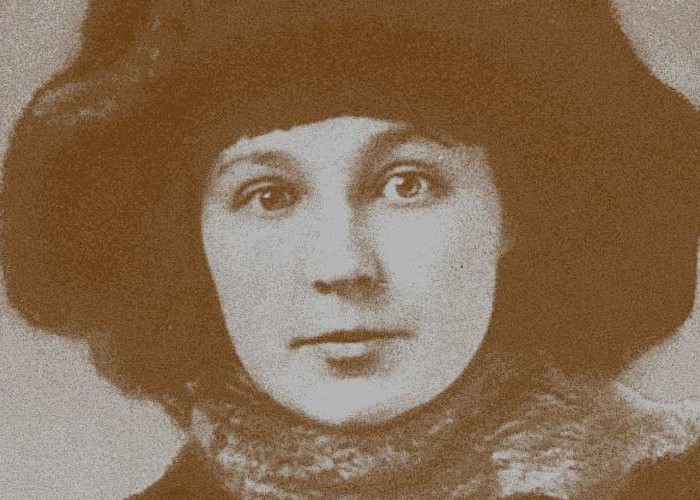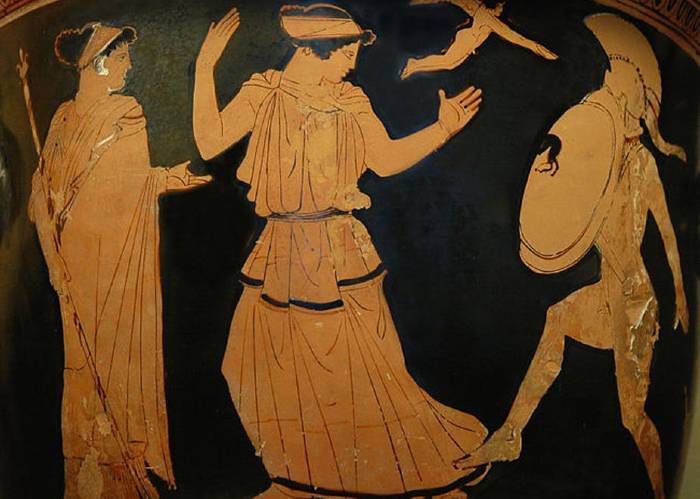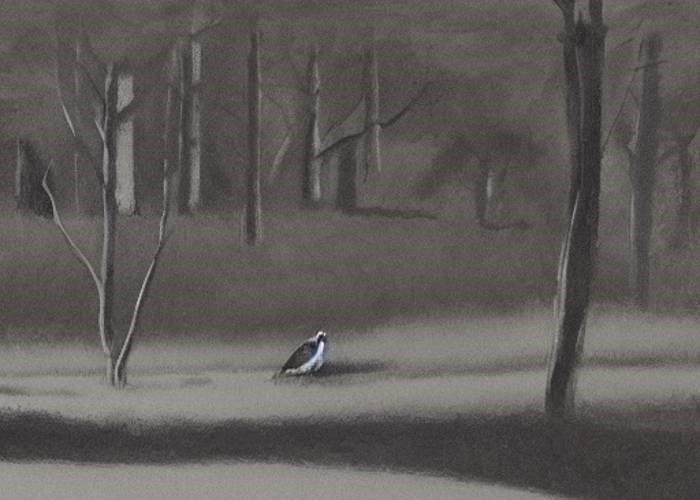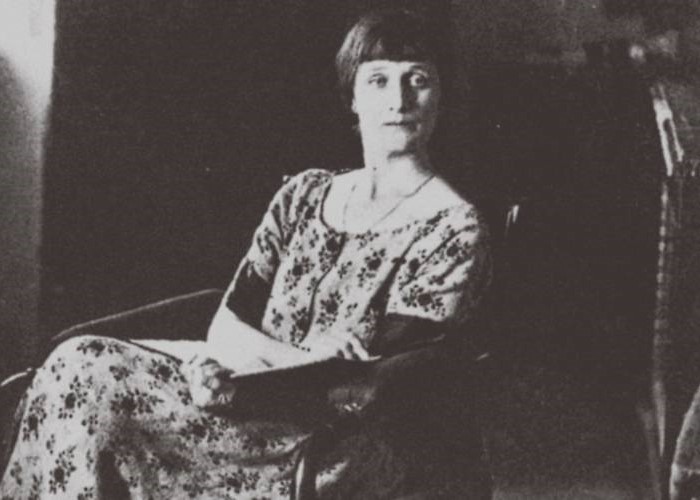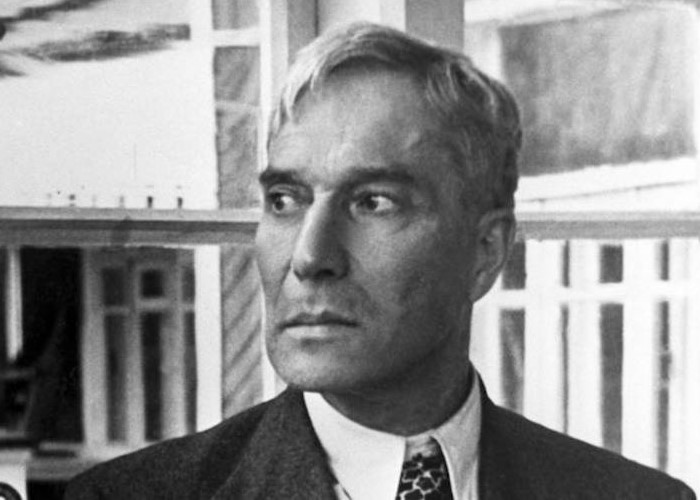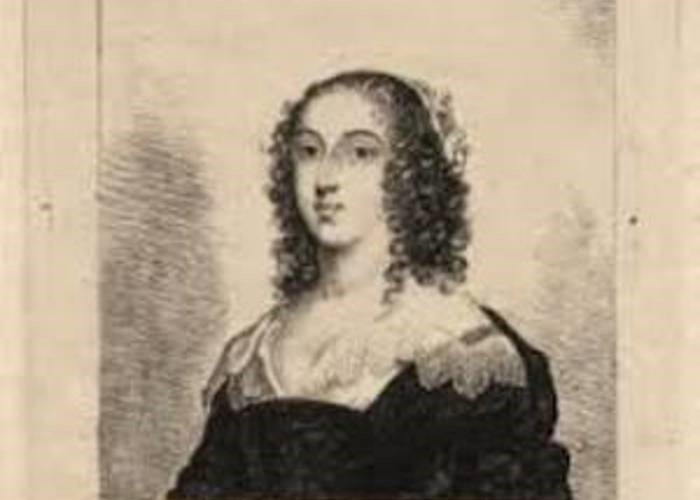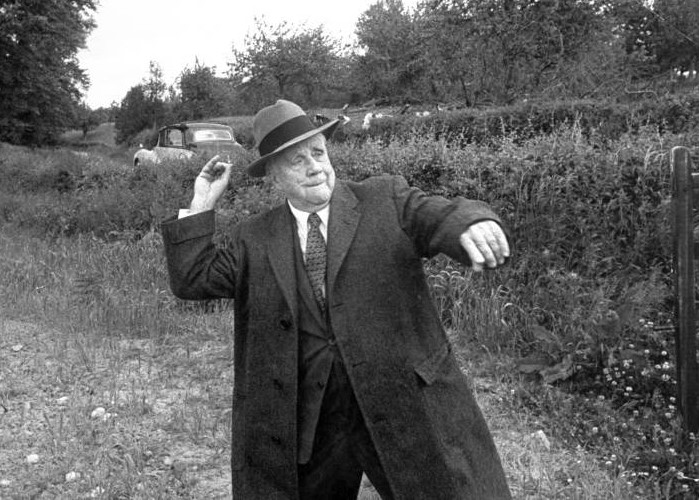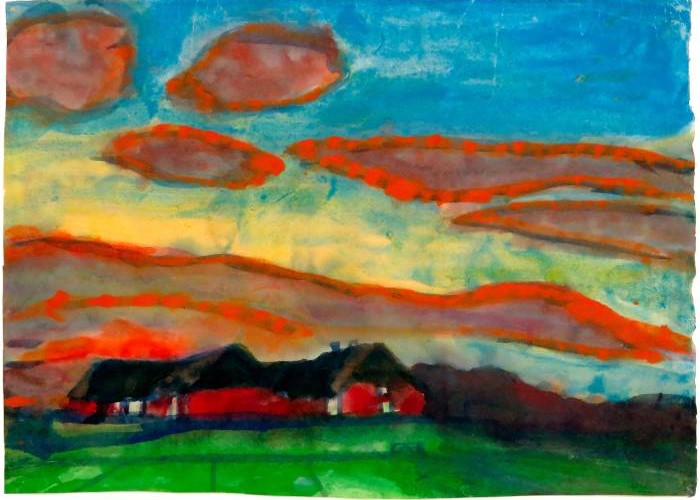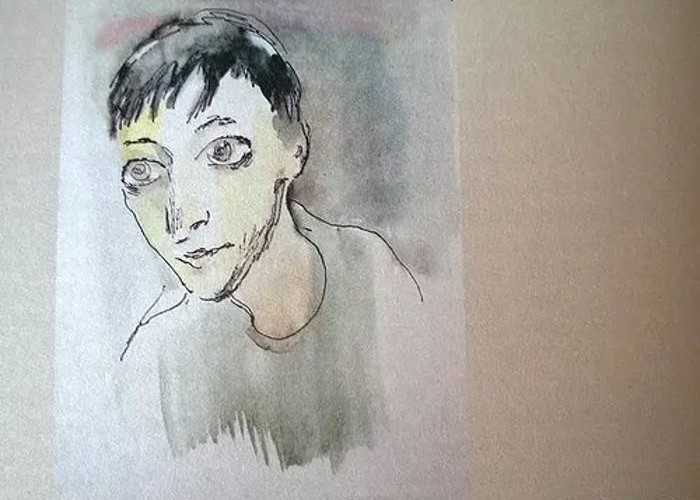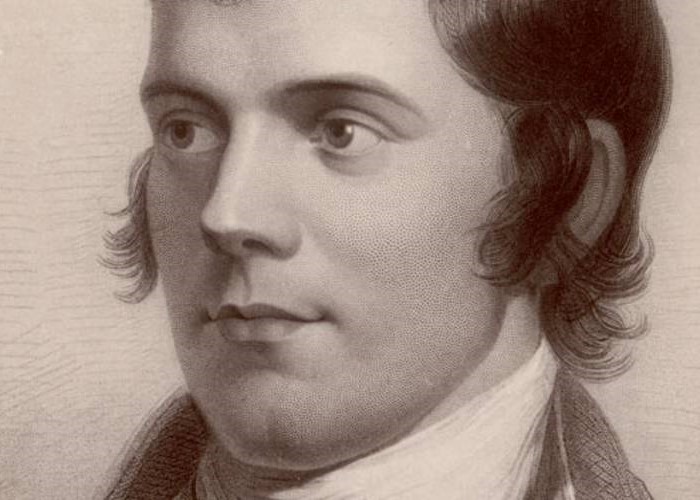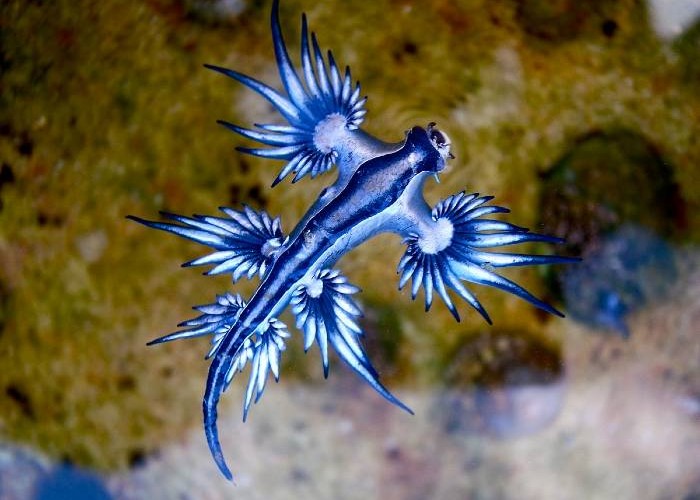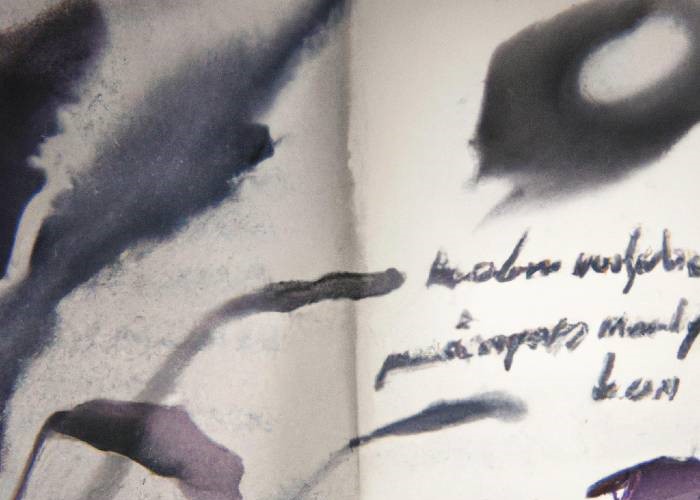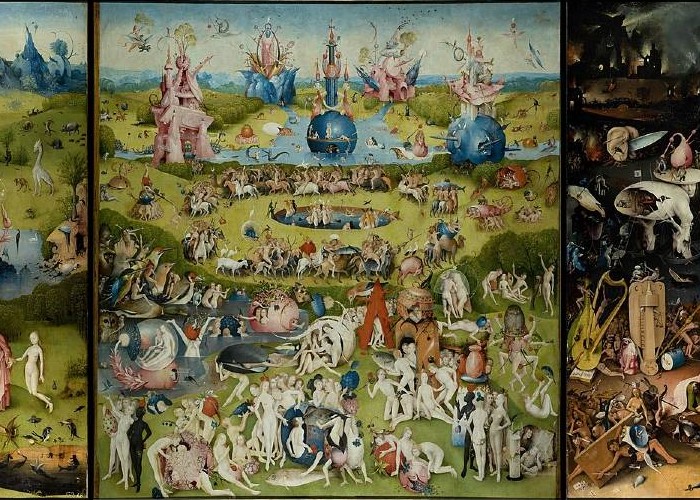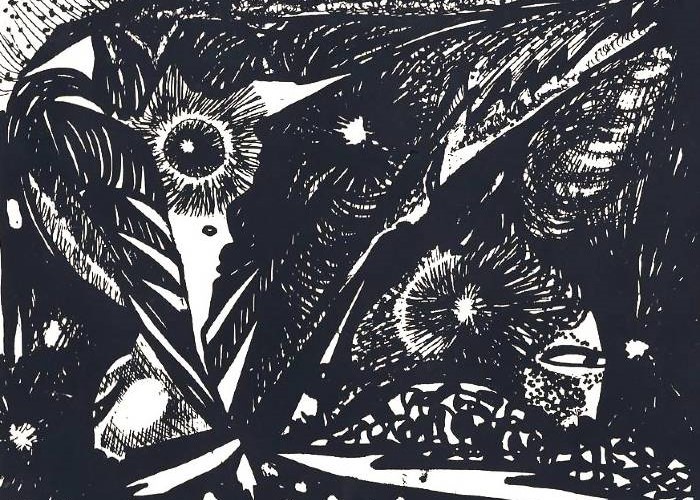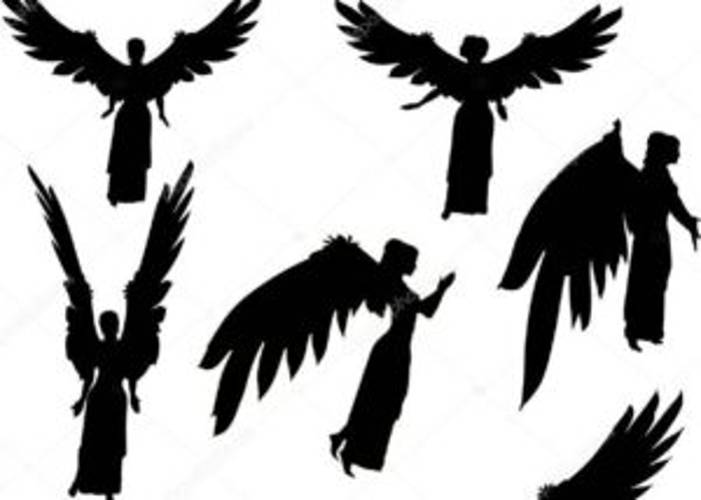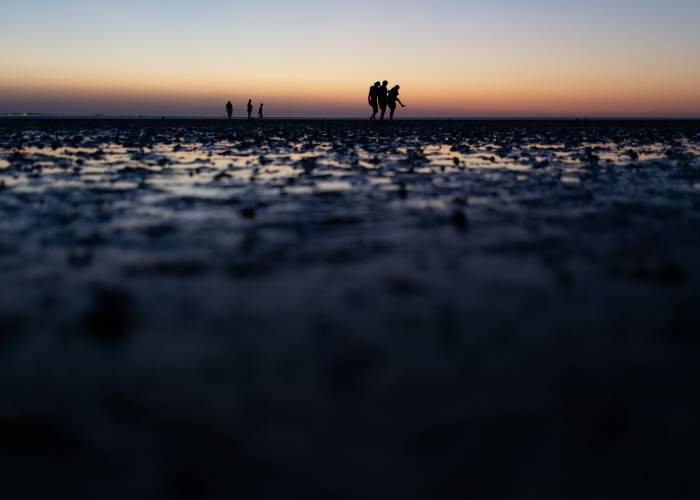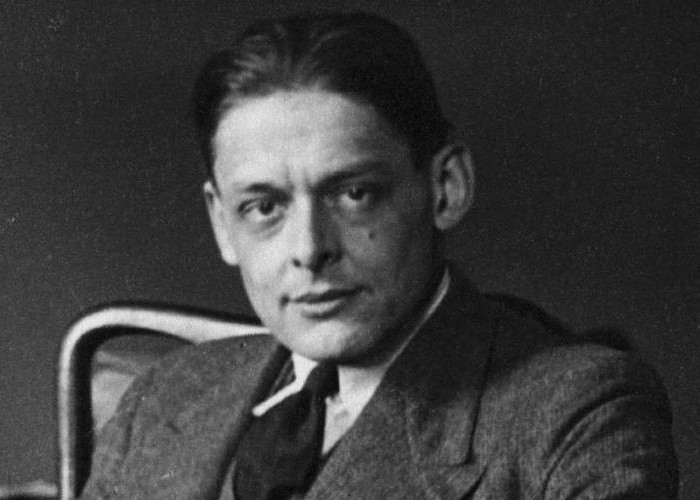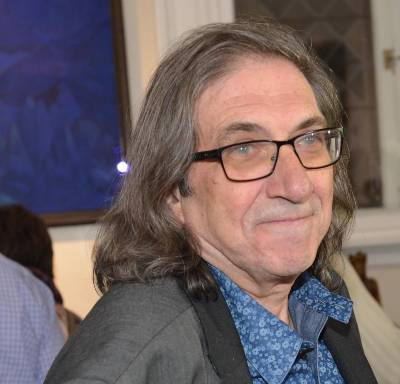Thou hast nor youth nor age
But as it were an after dinner sleep
Dreaming of both.
Here I am, an old man in a dry month,
Being read to by a boy, waiting for rain.
I was neither at the hot gates
Nor fought in the warm rain
Nor knee deep in the salt marsh, heaving a cutlass,
Bitten by flies, fought.
My house is a decayed house,
And the Jew squats on the window sill, the owner,
Spawned in some estaminet of Antwerp,
Blistered in Brussels, patched and peeled in London.
The goat coughs at night in the field overhead;
Rocks, moss, stonecrop, iron, merds.
The woman keeps the kitchen, makes tea,
Sneezes at evening, poking the peevish gutter.
I an old man,
A dull head among windy spaces.
Signs are taken for wonders. ‘We would see a sign!’
The word within a word, unable to speak a word,
Swaddled with darkness. In the juvescence of the year
Came Christ the tiger
In depraved May, dogwood and chestnut, flowering judas,
To be eaten, to be divided, to be drunk
Among whispers; by Mr. Silvero
With caressing hands, at Limoges
Who walked all night in the next room;
By Hakagawa, bowing among the Titians;
By Madame de Tornquist, in the dark room
Shifting the candles; Fräulein von Kulp
Who turned in the hall, one hand on the door. Vacant shuttles
Weave the wind. I have no ghosts,
An old man in a draughty house
Under a windy knob.
After such knowledge, what forgiveness? Think now
History has many cunning passages, contrived corridors
And issues, deceives with whispering ambitions,
Guides us by vanities. Think now
She gives when our attention is distracted
And what she gives, gives with such supple confusions
That the giving famishes the craving. Gives too late
What’s not believed in, or is still believed,
In memory only, reconsidered passion. Gives too soon
Into weak hands, what’s thought can be dispensed with
Till the refusal propagates a fear. Think
Neither fear nor courage saves us. Unnatural vices
Are fathered by our heroism. Virtues
Are forced upon us by our impudent crimes.
These tears are shaken from the wrath-bearing tree.
The tiger springs in the new year. Us he devours. Think at last
We have not reached conclusion, when I
Stiffen in a rented house. Think at last
I have not made this show purposelessly
And it is not by any concitation
Of the backward devils.
I would meet you upon this honestly.
I that was near your heart was removed therefrom
To lose beauty in terror, terror in inquisition.
I have lost my passion: why should I need to keep it
Since what is kept must be adulterated?
I have lost my sight, smell, hearing, taste and touch:
How should I use it for your closer contact?
These with a thousand small deliberations
Protract the profit of their chilled delirium,
Excite the membrane, when the sense has cooled,
With pungent sauces, multiply variety
In a wilderness of mirrors. What will the spider do
Suspend its operations, will the weevil
Delay? De Bailhache, Fresca, Mrs. Cammel, whirled
Beyond the circuit of the shuddering Bear
In fractured atoms. Gull against the wind, in the windy straits
Of Belle Isle, or running on the Horn,
White feathers in the snow, the Gulf claims,
And an old man driven by the Trades
To a sleepy corner.
Tenants of the house,
Thoughts of a dry brain in a dry season.
*
Геронтион
Ты, в сущности, ни юности не знаешь,
Ни cтapocти, они тебе лишь снятся,
Как будто в тяжком сне после обеда.
Вот я, старик, в засушливый месяц слушаю,
Как мальчик мне вслух читает, и дождя ожидаю.
Я не сражался у жарких ворот,
На приступ не шел под горячим дождем,
По колено в соленом болоте, истерзанный мухами,
Я, вздымая меч, не сражался.
Пришел в упадок мой дом,
А на подоконнике скрючился домовладелец-еврей,
Что родился в какой-то таверне Антверпена,
Был в Брюсселе избит, а в Лондоне облысел и залатал прорехи.
Кашель козы по ночам доносится с луга;
Мох, груды железа, бурьян, лебеда, камни вокруг.
Женщина, что стряпает мне и чай подает,
Прочищая гугнивую раковину, ввечеру хлюпает носом.
Таков я, старик,
Застоявшийся разум в продуваемых ветром пространствах.
Знаменье мы принимаем за чудо. «Яви знаменье нам!»
Слово, сокрытое словом, бессильным вымолвить слово,
Окутано мраком. В юность года
Явился Христос-тигр.
Иудино древо, кизил и каштан расцвели в мае греховном:
Все поделят, выпьют, пожрут
Под шепоток — мистер Сильверо
Ласковорукий, тот, что в Лиможе
Всю ночь напролет по соседней комнате топал;
Хакагава, даривший поклоны среди картин Тициана;
Мадам де Торнквист, что в темной комнате
Двигала свечи; фройляйн фон Кульп,
Что вдруг обернулась, стоя в дверях. Челноки в пустоте
Ветер без нитей ткут. Не являются призраки мне,
Старику, в сквозняком продуваемом доме
Под холмом на ветру.
После знанья такого какое прощенье? Подумай:
У истории много коварных путей, запутанных троп
И безвыходных выходов, шепотком честолюбья она введет
в заблужденье
И уловит тщеславьем. Подумай:
Она отдает лишь когда рассредоточено наше вниманье,
А то, что дарует, она отдает в таком беспорядке искусном,
Что даяния эти лишь разжигают сильней вожделенье,
Так поздно дарует,
Что в это не верится даже, а если вера осталась,
То в памяти только, в угасших страстях.
Дарует так рано
В бессильные руки тех, кому в обузу эти дары,
Только боязно им отказаться. Подумай:
Ни храбрость, ни страх не спасают нас. Героизм
Порождает пороки, каких доселе не знали.
А к добродетели нас
Вынуждают наши чудовищные преступленья.
Эти слезы упали с дерева гнева.
В новый год вторгается тигр. Нас пожирает он.
Подумай же:
Выхода мы не нашли, а я
Коченею в наемном доме. Подумай же, наконец:
Я не без умысла выставляю себя напоказ
И вовсе не по наущенью
Увальней-бесов.
Я хотел обо всем тебе честно поведать,
Я почти вошел в твое сердце, но был отброшен назад,
И красота растворилась в страхе, а страх —
в истязаниях самокопанья.
Я утратил и страсть: беречь для чего
То, что должно растлиться в неверности?
Я утратил зрение, слух, обоняние, вкус, осязание —
Как же теперь мне помогут они почувствовать близость твою?
Чтоб оттянуть наступленье беспамятства,
К тысяче мелких уловок тщатся прибегнуть они:
Когда чувство застыло, будоражат нутро
Приправами острыми, умножают разнообразие жизни
В пустыне зеркал. Неужто паук
Тенёта плести перестанет, а жук-долгоносик
Зерно поедать? Де Байаш, миссис Кэммел и Фреска —
Разъятые атомы, что уносятся вихрем из круговращенья
Дрожащей Медведицы. С ветром борется чайка
В ущельях Бель-Иля, к мысу Горн поспешая —
Белые крылья на белом снегу. Гольфстрим призывает,
Старика увлекают Ветра
В уголок забвенья и сна.
Обитатели дома —
Думы иссохшего разума в засуху.
_________________
Copyright credit (for the original): T. S. Eliot, “Gerontion” from Collected Poems: 1909-1962. Source: Collected Poems: 1909-1962 (2020) https://www.poetryfoundation.org/
